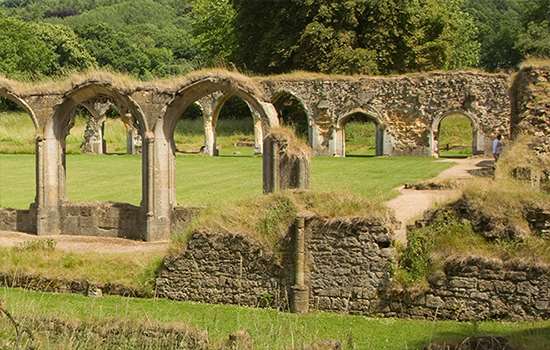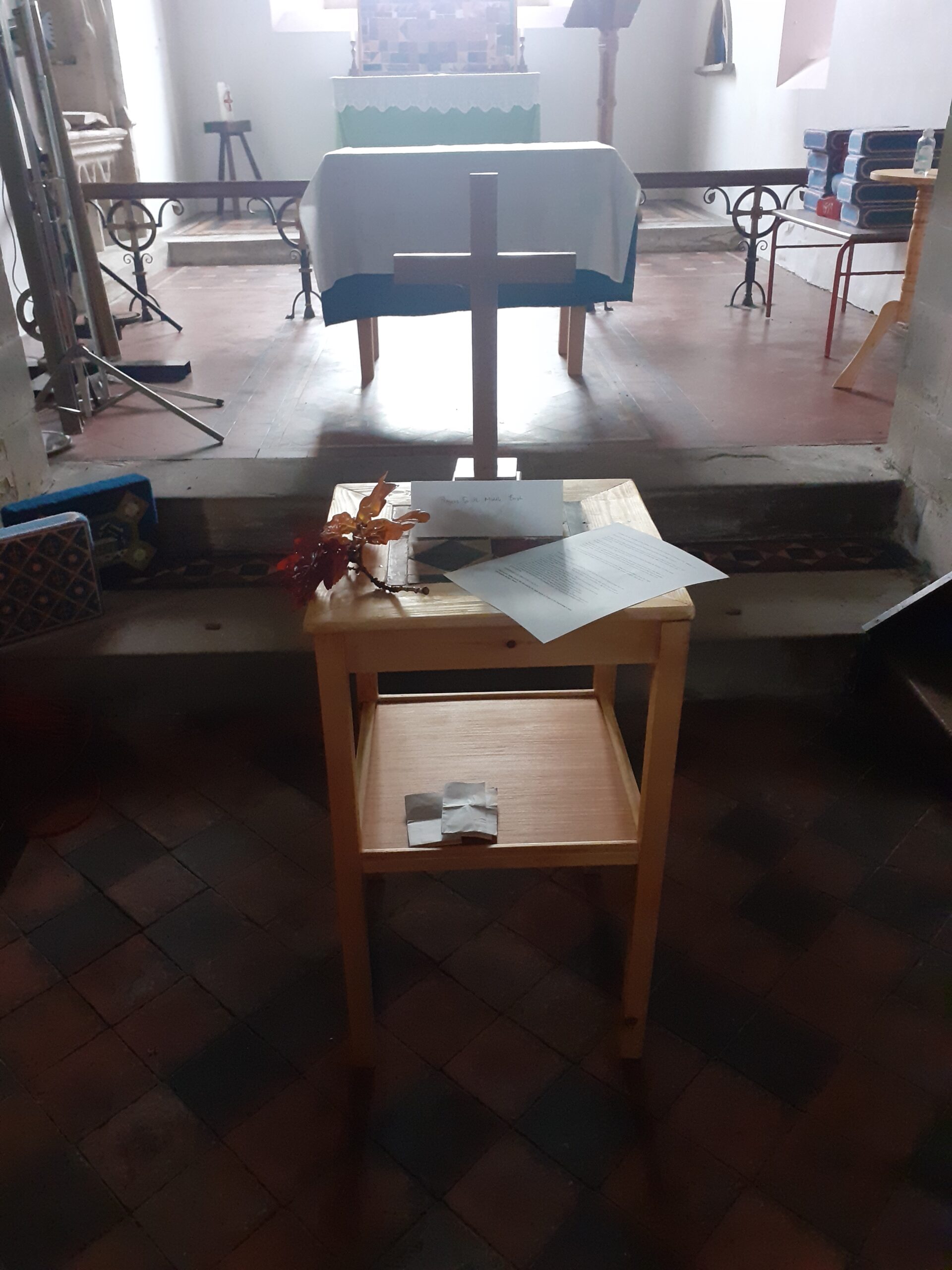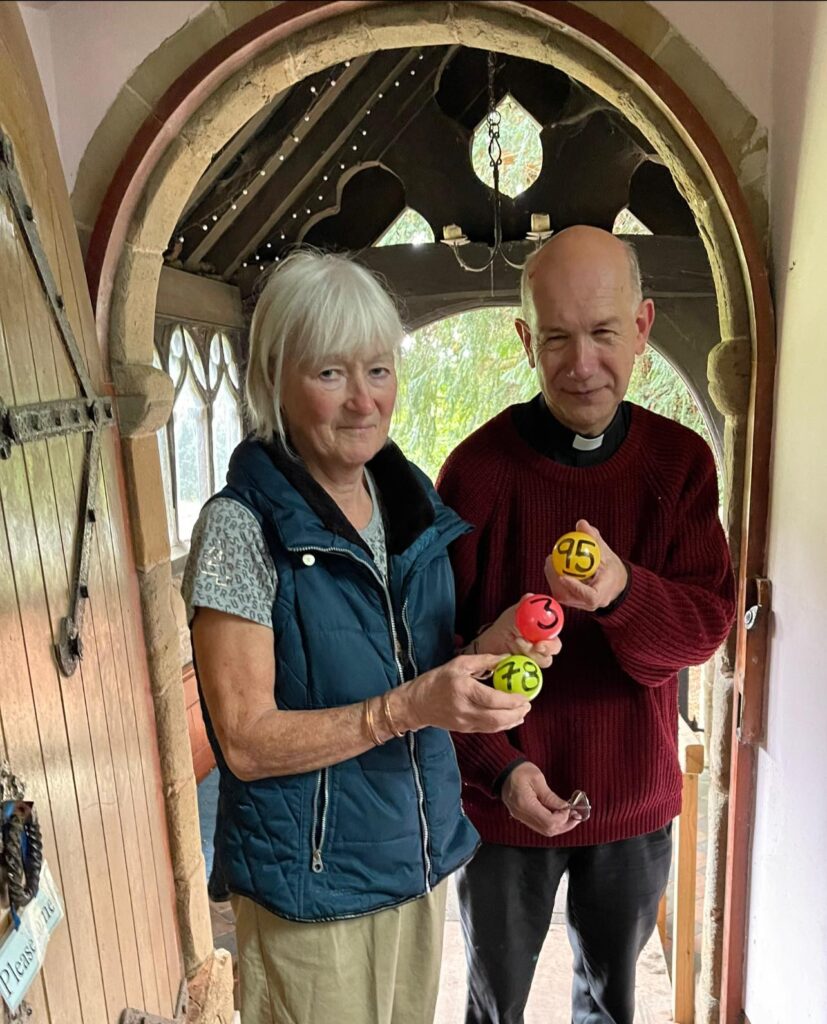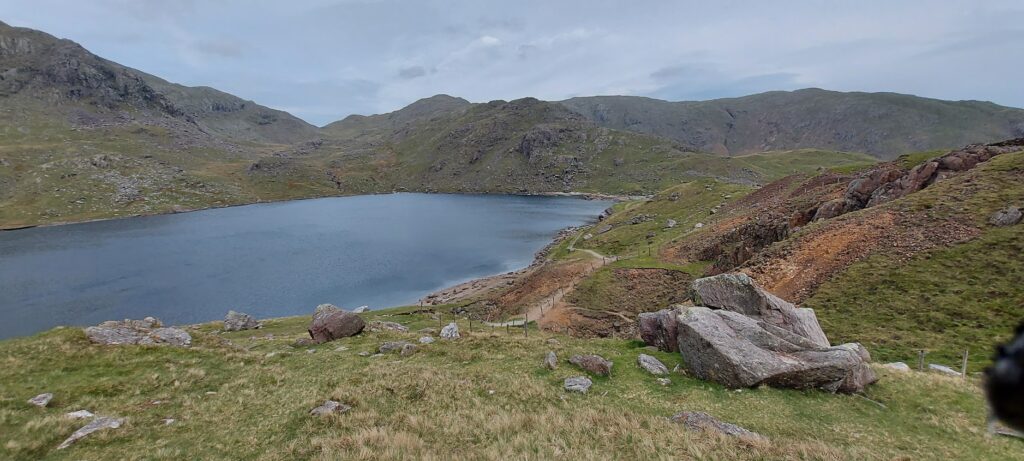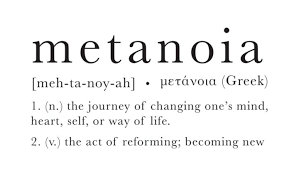
I am sufficiently old to remember when Halloween was just a footnote in books of folklore and/or one of those funny things Americans did, like their peculiar football. At this time of year the great excitement was bonfire night; in particular the anxiety as to whether it would be dry so the bonfire would actually burn. It was all very exciting; building the bonfire with Dad, Mum making a Guy, usually out of an old pair of pyjamas and then the fireworks, all smartly packaged in boxes. I liked the rockets; always the exciting possibility that they might go down someone’s chimney on their return to earth.
For many reasons, the backyard bonfire night celebration is now a thing of the past, but the physical reality of fire; heat and light in a chill (and usually damp) November evening was an uplifting experience that I suspect no amount of fake cobwebs and pumpkins can match. It did of course have its darker side; when the bonfires were first lit in the early 17th century to give thanks for the discovery of the plot to destroy parliament, there were still memories of when it was not just effigies that were burnt on fires. We can celebrate that parliament was not overthrown by force, there is nothing admirable about the religious intolerance that played such a large part in the underlying events. So I understand why some do not mourn the way the celebration has changed. But the modern, organised displays serve to bring people together and today provide a safe reminder of the awe and beauty of fire. And perhaps through that, they can provide a connection with the why fire has spiritual overtones; in the Christian tradition, as the Holy Spirit that brings hope and new life to all.
